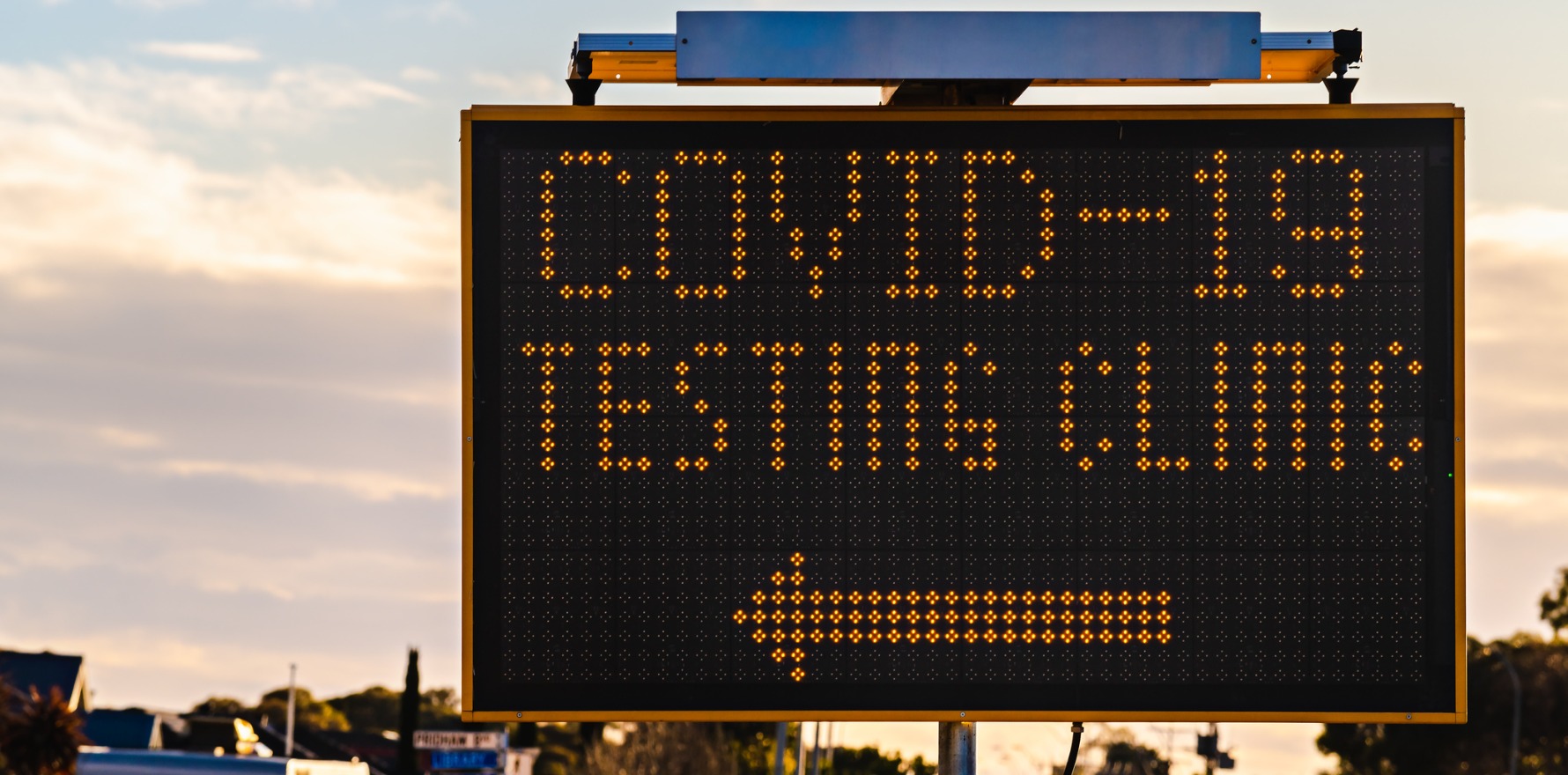Should being fully vaccinated change your threshold for testing and other pandemic habits?
Being fully vaccinated may make individuals feel safer, but experts say it’s way too early to change personal or population-level behaviours around testing and social distancing.
With around 8% of eligible Australians fully vaccinated with two doses of either available vaccine, some might be wondering whether they need to stick to the same thresholds of concern about covid-19.
“I can understand that if you’ve had two doses of Pfizer and it’s two weeks since your second dose, you may be thinking ‘why can’t I continue to have my holiday or take my kids to their grandmother or do this or that?’,” says Professor Julie Leask, public health and vaccination expert at the University of Sydney.
But this ignores the fact that while existing vaccines are highly effective at preventing severe disease and death, they don’t offer the same level of protection against mild or asymptomatic infection.
“The fact is that your risk of passing on covid is reduced but it’s still present, and it’s significant enough for you to still be risky to other people,” Professor Leask says. And the majority of the Australian population is still vulnerable to infection: only 9.4% of those aged over 50 and 15.4% of those aged over 70 have received two doses of a vaccine at the time of writing.
Because vaccination is effective at preventing symptomatic disease, any infections acquired by vaccinated individuals are much more likely to be asymptomatic and therefore undetected. “That means you can still pass it on to someone who has no protection at all,” Professor Leask says.
At the recent National Cabinet press conference, Prime Minister Scott Morrison outlined a roadmap to a post-covid normal, which was predicated on Australia achieving certain levels of vaccination coverage. He did not, however, state what those levels are.
Professor Mary-Louise McLaws, an epidemiologist in infectious disease control at UNSW Sydney and member of a WHO advisory panel on covid-19, estimates that vaccination rates of at least 80% are required to provide the level of coverage that might enable an easing of requirements around masking, social distancing and travel.
But that figure changes depending on the make-up of vaccines: a majority AstraZeneca-vaccinated population would require a higher level of coverage compared with Pfizer, because of the vaccine’s slightly lower efficacy.
While the US Centers for Disease Control have loosened social distancing guidelines for individuals who are fully vaccinated, Professor McLaws says the WHO position has remained unchanged with vaccination rates.
“We haven’t changed that guideline at WHO because we don’t want you to place yourself at risk,” Professor McLaws says. “I get the idea of why America was trying to say that but what happens is it’s very difficult to monitor.”
But does being fully vaccinated mean individuals can be less diligent with getting tested, if they haven’t knowingly been exposed and only have mild symptoms?
Professor Tony Cunningham, infectious disease physician, clinical virologist and head of the Centre for Virus Research at the University of Sydney, says his two doses of vaccine have slightly changed his approach to getting tested.
“From a personal point of view, I feel very much safer,” he says. When he’s had a ‘24-hour sniffle’, rather than rush out to get tested, Cunningham says he’s just kept an eye on it. However, “if I had an ongoing respiratory infection of several days, I’d get tested”.
Cunningham also has concerns about the potential for asymptomatic infections in those who are fully vaccinated, and therefore the risk of ongoing transmission.
Data from Israel offers some hope, suggesting that two doses of the Pfizer vaccine were 94% effective in preventing asymptomatic infection and showing significant, population-wide declines in infections with increasing vaccination coverage.
Similarly, studies within families suggest vaccination reduces the spread of the virus by up to 65% – a lower figure than seen in population studies because of the higher level of close contact within families.
The rogue element is the Delta variant’s increased transmissibility, which could change calculations about personal and population-level risk even among the fully vaccinated, Cunningham says: “We don’t really know how this is going to work out with more spreadable strains.”


